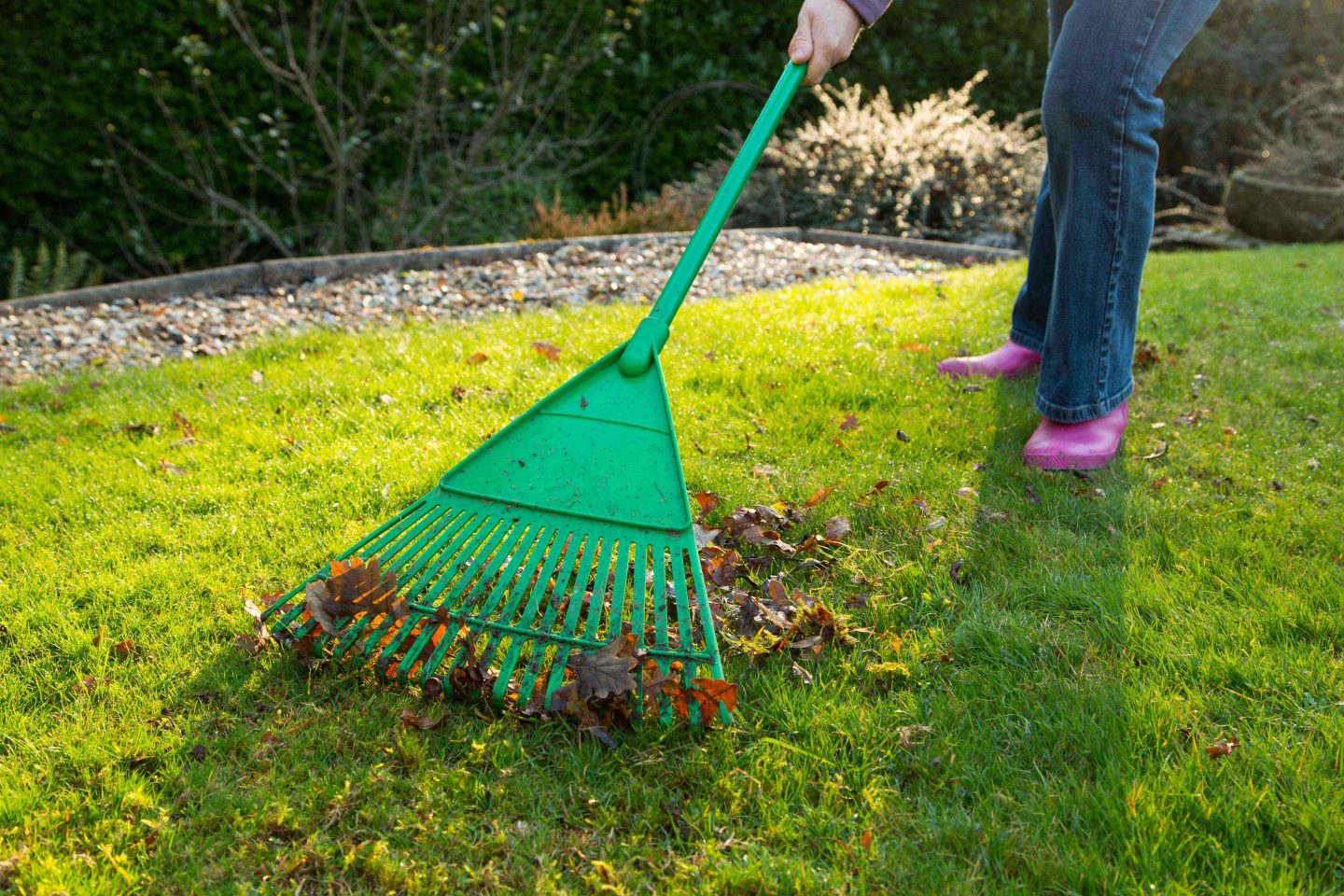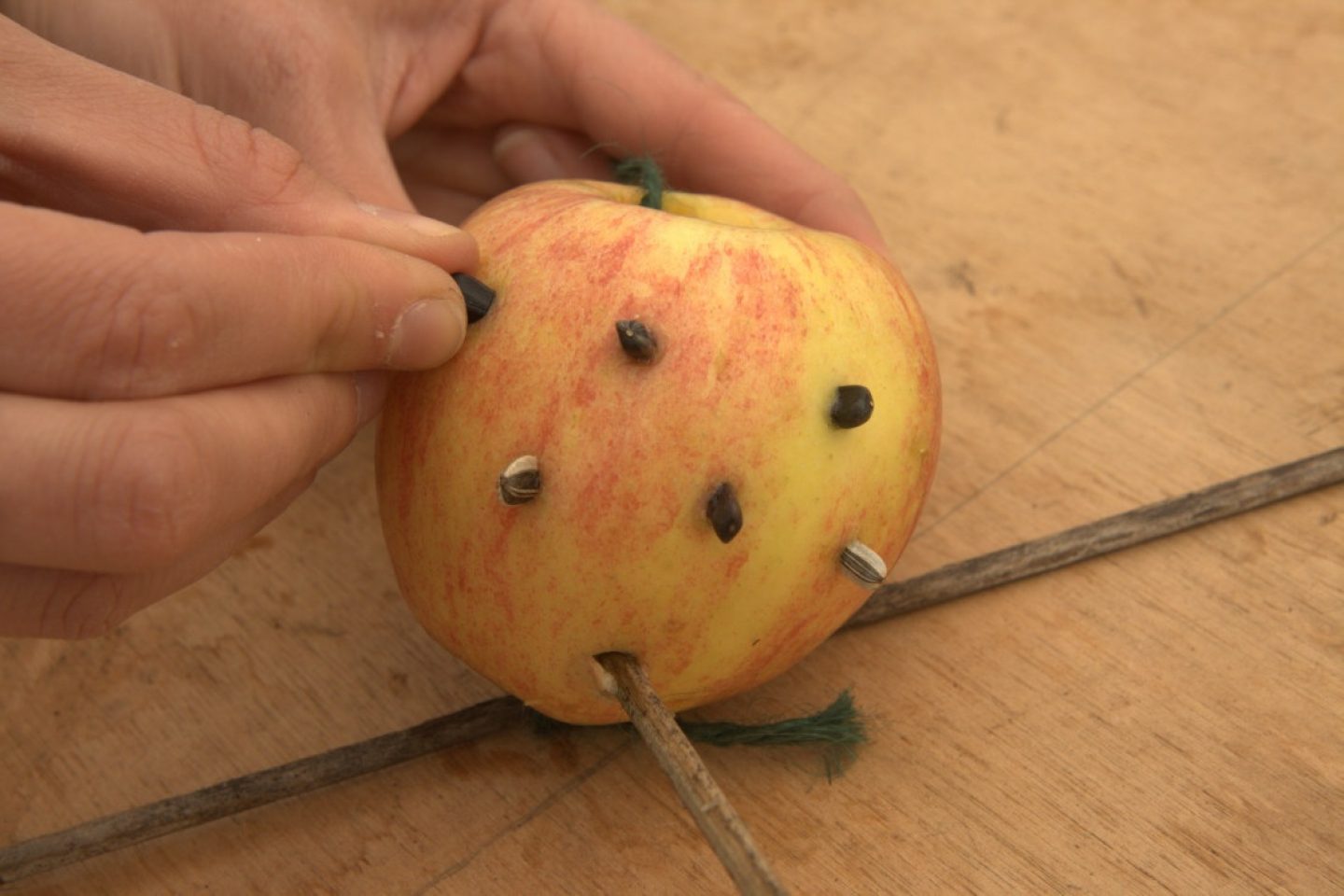Consult with a medical professional
It may be a good idea to speak with your doctor or physiotherapist before starting gardening. They can help advise on the level of physical activity that is ok for you.

There is always something to do in the garden or enjoy in nature. When you start out, you may decide to begin with gentler activities. As your strength and confidence grows, you could in time choose more physical ones.

If you have heart disease, it’s important to take some precautions to reduce stress on the heart.
These tips may help before you start gardening:
Start slowly
It might be tempting to go straight into a more physical activity, like digging or mowing. It’s a good idea to start slowly with more gentle activities and build up over time.
We have a whole host of activity ideas below for different energy and physical levels.
Check the weather
If it is a very hot and humid day, this can make any physical activity more demanding. You may opt for gentle activities on these days, or garden during the early morning or late afternoon when it is cooler.
Be prepared
A little preparation can make all the difference. Take the time to warm up. Some gentle stretches or a short walk around the garden are good options. It’s also a good idea to warm down again once you are done.
Bring all the tools and equipment you need to where you will be working. This avoids making lots of trips to get things.
Avoid strain
Lifting heavy things, or bending uncomfortably for long periods, can cause strain. Make sure you are working comfortably, with good technique. Bend from the knees and not the waist, to reduce strain on the heart and back. Try not to stay in any one position for too long.
Lightweight and ergonomically designed garden tools may be helpful. Read our guide to gardening tools when you have heart disease for advice.
Manage timing
Be sensible about how much you can manage. It’s usually better to do little and often.
Regular breaks can help you avoid strain and stop you getting too tired. They are a welcome chance for a drink and bite to eat. Staying hydrated is important.
Gardens are very forgiving – you can always leave something for another day.
It may be a good idea to speak with your doctor or physiotherapist before starting gardening. They can help advise on the level of physical activity that is ok for you.

You may find, particularly when starting out, that it is more comfortable to garden from a seated position. All of these activities can be enjoyed while seated. Most could also be done inside.
After each activity, we have included the suggest time of year. Many can be done most of the year around.

These activities involve a fairly light level of activity. They are good to choose if you are rebuilding strength, or are feeling lower on energy.

If you feel you would like to and are able to manage some more physical tasks, pick from one of these.
Join our Gardening Club. It’s free! We will send you a fortnightly email newsletter with inspiration, tips and activities.
Sign up todayCutting things and moving things around are good physical exercise. It gets the blood flowing.
Participant, Thrive Just 30! Initiative

Enjoying gardens doesn’t have to mean doing activities. There can be great enjoyment and inspiration from time in nature:
Gardening for me is a wonderful thing, a wonderful experience. It’s great to be outside, it’s very therapeutic.
Camilla, client gardener

If you want or need to be inside, there are plenty of ways to still get the benefits of gardens and nature:
Just having space is important for me … some days I may not leave the house, but I have a view of the garden which is good.
Kirstyn, home gardener